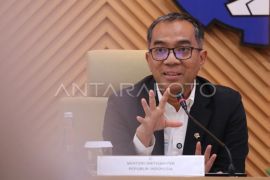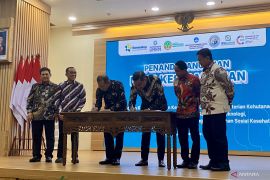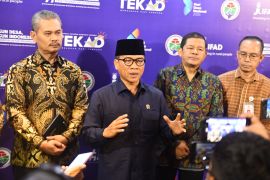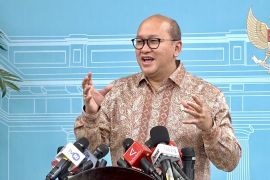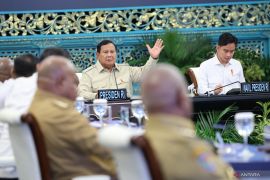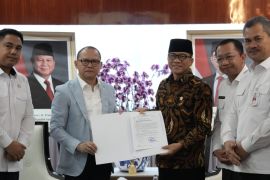"Every year, we receive around 20 to 25 alumni of PKN STAN, which I think is still not enough if it is adjusted to the needs of the Ministry of Villages, Development of Disadvantaged Regions, and Transmigration," he informed at the kick-off event for the cooperation between PKN STAN and the ministry, accessed from here on Wednesday.
In terms of duties and responsibilities, he said his ministry is indeed at the lower level, but it should be underlined that the number of villages in Indonesia receiving village funds has reached 74,960.
"We need good financial management of funds that come from the state budget (APBN) or from the village's income, for example, from the results of BUMDes (village-owned enterprises) operations as well as those sourced from grants of the district government, the provincial government, and it is also possible to get grants from the central government," he expounded.
This highlights the need for assistance in managing village funds, he noted.
He said that village funds must be utilized to support economic growth and develop human resources to offer benefits to the village community, especially poor people.
He also stressed that village funds must be prioritized for meeting the village's needs, not the needs of the elites in the village.
The village development target in the 2005–2025 National Medium-Term Development Plan (RPJMN) prescribes the use of village funds for equalizing development, which, in the end, will support economic growth and absolute equal development, he said.
"No one left behind, which means development without a single person being left behind," he remarked.
Therefore, he highlighted that his ministry needs human resources from PKN STAN to assist in managing village funds.
Related news: Government asks PKN STAN to help villages achieve SDG targets
Related news: Village fund is highly effective for infrastructure development
Translator: Zubi Mahrofi, Raka Adji
Editor: Suharto
Copyright © ANTARA 2022

